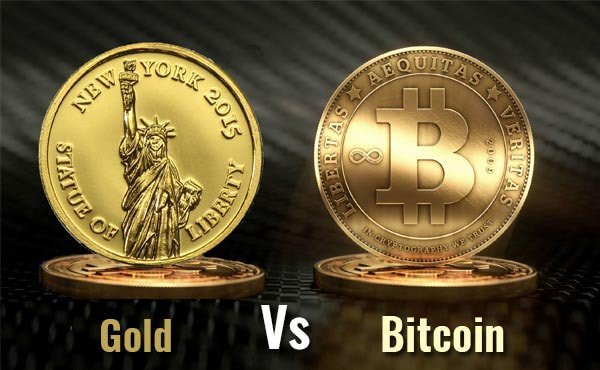Bitcoin Gold :What you need to know

translation [1] of an article by Jimmy Song published on bitcointechtalk.com on October 9, 2017:
A new branch of Bitcoin is looming on the horizon ... and it is not 2x. Announced just before Bitcoin Cash, Bitcoin Gold is expected to be launched in November. In this article, I will explain what Bitcoin Gold is, how and when the hard fork will happen and what you need to do to prepare for it.
Bitcoin Gold, what is it?
Bitcoin Gold is a branch of Bitcoin designed by Jack Liao. The ambition of this new currency is to become a more efficient reserve of value than Bitcoin [2]. Jack Liao hopes to achieve this by solving the problem of centralization of minors by a change of proof of work, which requires a hard fork.
The algorithm chosen is Equihash, a proof of work "memory-hard" [3] very resistant to ASIC and already used by ZCash. The idea is to give users the opportunity to use their processors and graphics cards again to "mine".
BTG promoters are also contemplating up to 1% "pre-mining" under unclear terms, but since they are committed to keeping the limit of 21 million units, it will likely involve of the "mining reward".
Resisting ASICs, what's the point?
ASICs are application-specific integrated circuits. They differ from the processors because they perform only one type of calculation that they realize very efficiently.
The extraction of bitcoins is currently completely dominated by the ASIC chips which are mainly produced by Bitmain, Bitfury and Canaan. This is largely due to the hash function used by Bitcoin: "SHA256" is fairly simple and does not require a lot of RAM. Equihash on the other hand is a complex hashing function using a lot of memory. This means that it would be much more expensive to produce ASICs for Equihash and that the performance gain would not be as great as for SHA256 ASICs.
To give you an idea, with the SHA256 function, an ordinary processor can calculate from 5 to 10 MH per second [4]. An ASIC miner can calculate from 5 to 10 TH per second, about one million times more than a CPU. In comparison, with Equihash, a normal CPU can calculate from 10 to 30 MH per second whereas specialized equipment could reasonably perform something like 1000 to 3000 MH per second, "only" 100 times more.
In other words, the part is much more equal with Equihash than with SHA256 because of the resistance to ASICs. Of course, it is difficult to predict how things would evolve if Equihash really became very profitable, but whatever happens the efficiency gain of a material designed for Equihash would still be much lower than the chips manufactured for SHA256.
When will the hard fork take place?
The team planned to start the new chain from a block produced on October 25, 2017, as indicated by the date on the project's web page. This does not mean that Bitcoin Gold will be launched that day, but simply that the Bitcoin blockchain will be frozen for BTG to that day's count and that at launch, the new BTG blocks will start from a block generated on that day . For now this launch is scheduled for early November, which means that the BTG blockchain will not have blocks for about a week.
The developers of Bitcoin Gold are also planning to create a testnet in mid-October. They will make available their software shortly afterwards.
What does this mean to me?
Bitcoin Gold will only affect you if you have bitcoins when choosing the split block, that is, on October 25th. You will be able to receive as many BTGs as you own from BTC at the time of this block.
A strong protection against replay attacks will be built in, so you probably will not have to worry about this problem. However, you will need to download a BTG portfolio and probably perform some manual operations to move your BTG [5]. If Bitcoin Gold is not worth much (less than 0.0001 BTC), it may not be useful to do anything. If it's really worth something (eg more than 0.01 BTC), the wallet developers will probably create tools for you to easily access your BTG.
If you have your bitcoins on an exchange, you will probably be automatically credited with your BTGs. This will be especially true if the BTG is greater than 0.01 BTC. However, it is better to control your own private keys as this will give you greater flexibility [...].
Conclusion
Bitcoin Gold is a "hard fork" that will bring a new altcoin to the ecosystem. If you own a bitcoins, you might have a lot of worry about and you could even get a premium. On the other hand, if you're a wallet developer or you're working for an exchange, that's another story.